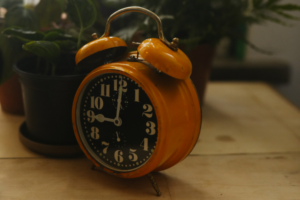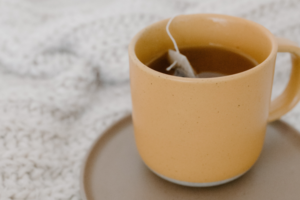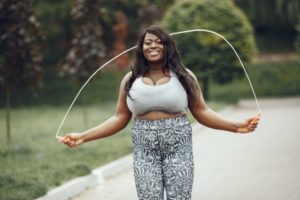Health
Top tips for staying asleep through the night
Struggle to stay asleep through the night? Know that insomnia is common. In fact, it’s believed that around one third of Brits will struggle with it at some point in their lifetime.
Insomnia can make it difficult to drift off in the first place or to get a solid night’s sleep. Throw fluctuating hormones caused by the menopause into the mix and you may find yourself in a sleepless scramble.
Not only does a lack of sleep cause us to feel less than our best, but it can also have a detrimental impact on our health in the long-term. Studies have closely linked serious health conditions, such as diabetes and high blood pressure, to chronic lack of sleep.
With this in mind, we share some simple tips that can help you to sleep soundly and avoid insomnia waking you mid-kip.
How to stay asleep through the night
Remove disturbances
 Your first port of call should be assessing your sleep environment and banishing anything that may wake you.
Your first port of call should be assessing your sleep environment and banishing anything that may wake you.
Invest in blackout blinds or a sleep mask to ensure complete darkness, a pair of ear plugs to block out snoring partners and cover up any lights on pieces of tech.
It’s also worth leaving your phone out of your bedroom to avoid the temptation to scroll social media if you do wake up.
While some studies show that pets may actually help us sleep better, you may want to consider relocating them elsewhere in your home if they disrupt your sleep.
Find more tips on creating the perfect sleep environment here.
Establish a bedtime routine
 Curating a calming, quiet nighttime routine can help you to wind down before lights out.
Curating a calming, quiet nighttime routine can help you to wind down before lights out.
Try to keep the time you go to bed and wake up consistent to help set your internal body clock – yes, even on weekends.
A spritz of lavender essential oil on your pillow in the evening can help you to help induce a state of sleepiness. Staying off your phone and digital screens before bedtime can help too.
Some studies suggest that blue light they emit disrupts your brain’s natural sleep-wake cycles.
Magnesium
Research shows that magnesium can help us catch those elusive Zzzs. Magnesium supplements may be able to improve both sleep quality and sleep duration.
The mighty mineral plays a role in muscle relaxation and nerve function, meaning it may be helpful if you struggle with restless leg syndrome, too.
We love The Naked Pharmacy’s Marine Magnesium (£10) to help promote better sleep – use the LIZLOVES affiliate discount code to save 20% at checkout.
Avoid caffeine and alcohol
 The link between caffeine and sleep is well-known. If you’re struggling with insomnia, it’s worth cutting out or down on caffeine consumption (or simply switching to decaf).
The link between caffeine and sleep is well-known. If you’re struggling with insomnia, it’s worth cutting out or down on caffeine consumption (or simply switching to decaf).
The same goes for alcohol. While it is a sedative and may make you feel sleepy, alcohol disrupts your REM sleep patterns. People who drink before bed are often found to have insomnia symptoms.
Alcohol and caffeine also raise body temperature so avoid if you are experiencing hot flushes or night sweats from the menopause.
If you do like to have a warm drink before bedtime, chamomile tea is known for its sleep-inducing properties.
Exercise during the day
 Getting in a sweat session during the day can help you to sleep through the night, according to research. The extra physical activity will help to tire out your body.
Getting in a sweat session during the day can help you to sleep through the night, according to research. The extra physical activity will help to tire out your body.
Bonus points if you are able to take your exercise outside in the morning daylight.
Studies show that morning light has a positive effect on our circadian rhythms, which in turn can help us sleep more soundly come nighttime.
Consider HRT
Sleeplessness is common during perimenopause and menopause.
Hot flushes and night sweats caused by changing hormone levels can really impact our ability to sleep through the night.
You may want to consider replacing your oestrogen with HRT (hormone replacement therapy), if this is the case for you and you wish to do so.
Studies have shown that HRT improves sleep quality, enables falling asleep, and decreases night-time wakefulness. Women often notice that they can fall asleep quicker and wake fewer times in the night.
Many take micronised progesterone as the progesterone part of their HRT. It is a natural sedative so it can cause drowsiness, which is a beneficial side-effect if you are having trouble sleeping.
Download Liz’s guide, The Truth about HRT





